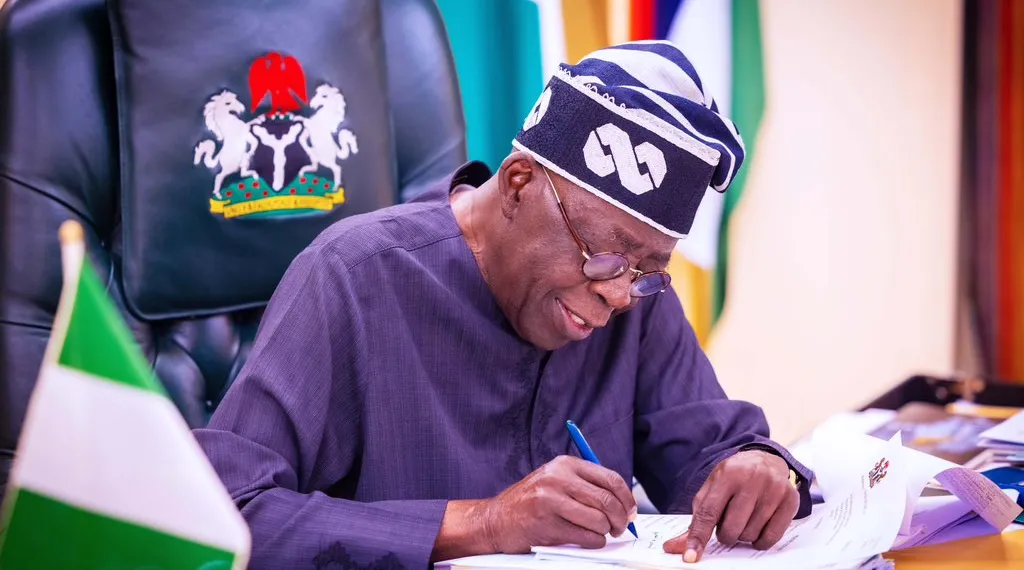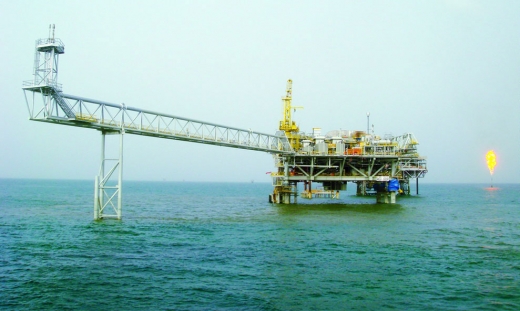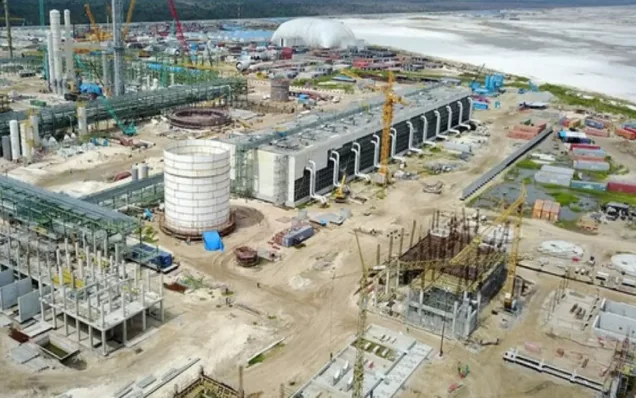The Federal Government of Nigeria has been urged to set a definite timeline for the implementation of the Petroleum Industry Governance Bill (PIGB) once President Muhammadu Buhari assets to it and it becomes a law.
A panel of energy experts who spoke at the Annual Conference organised by the Association of Energy Correspondents of Nigeria (NAEC) in Lagos expressed the fear that unless the PIGB is insulated with a timeline stating it’s implementation deadline, it’s passage into law in an election year (2018) might suffer unnecessary delays if the incumbent Federal Government fails to get re-elected in 2019 to execute the law.
The panelists said over the years, Nigerians had not benefited much from the oil and gas industry due to lack of accountability and transparency, but they assured that with the PIGB which separates the regulatory and commercial functions from the existing NNPC, DPR, and Federal Ministry of Petroleum Resources the country would gain more from the industry. For instance, they said the PIGB would end the regime of political interferences and abuses of previous years in the NNPC, just as they expressed the optimism that the PIGB will assist unlock all dormant potential in the petroleum industry to deliver improved dividend to Nigerians.
The panelists comprised the President, Petroleum Club, Dr. Godswill Ihetu; Team Leader of FOSTER, Mr. Henry Adigun; and a lawyer, Dr. Adeoye Adefulu.
They urged Nigerians to embrace the PIGB as its implementation will give the petroleum industry a strong commercial and regulatory institutions that is currently absent and stifling efforts to attract sufficient private sector investments.
Ihetu in his contribution lauded the National Assembly for the timely delivery of PIGB for assent by President Buhari but however noted how the 7th National Assembly had thought they had worked out a successful PIB Act for the country only for the 8th Assembly to jettison it and the process restarted with an attendant loss of billions of dollars to the industry.
“Nigerians have to persuade the Federal Government act on the PIGB as we are in an election year. There must be an acceleration for the assent by President Buhari so that we don’t lose more money,” said Ihetu.
On his part, Adefulu acknowledged that the PIGB was coming at a time that there was more dissipation of energy for the 2019 elections and that this could pose a problem for its implementation.
“We have to stay optimistic because this is the first time that the PIB has gotten to the President. Nigerians have to put the pressure to ensure that President Buhari signs it into law,” Adefulu said.
“And to prevent any further delay if the current government doesn’t return in 2019, there must be a commencement date inserted to say irrespective of who is the President of Nigeria, the bill must start running on such a date.”
He also faulted the previous laws governing operations in the oil and gas industry, especially as it was created so much room for abuses by giving unrestrained powers to the Minister of Petroleum Resources to grant oil prospecting licences to investors without provisions for checks and balances even by the DPR.
In his contributions, Mr. Henry Adigun decried the continuous payment of subsidies by the Federal Government for PMS saying the PIGB makes provision for the abolition of fuel subsidies which has been starving the government of funds to develop other critical sectors like transport, health and education.
According to him, the removal of subsidies would create a level playing field for private sector investments which would open up the downstream sector with massive job creation for Nigerians.
“The profit and gain that Nigeria should be making from crude oil sales is being used by the NNPC to subsidise products,” Adigun said.
“Subsidy is no longer sustainable all over the world and the PIB is very clear that subsidy regimes and the Petroleum Equalisation Fund PEF is in their last days and this is commendable.”
The stakeholders said the PIGB reflects the aspiration of Nigerians and that the benefits would be lost if it is not passed into law.
“Nigeria cannot be static in its oil operations and I think the PIGB will provide a base to propel the industry to give more benefits to Nigeria,” Adigun said.













